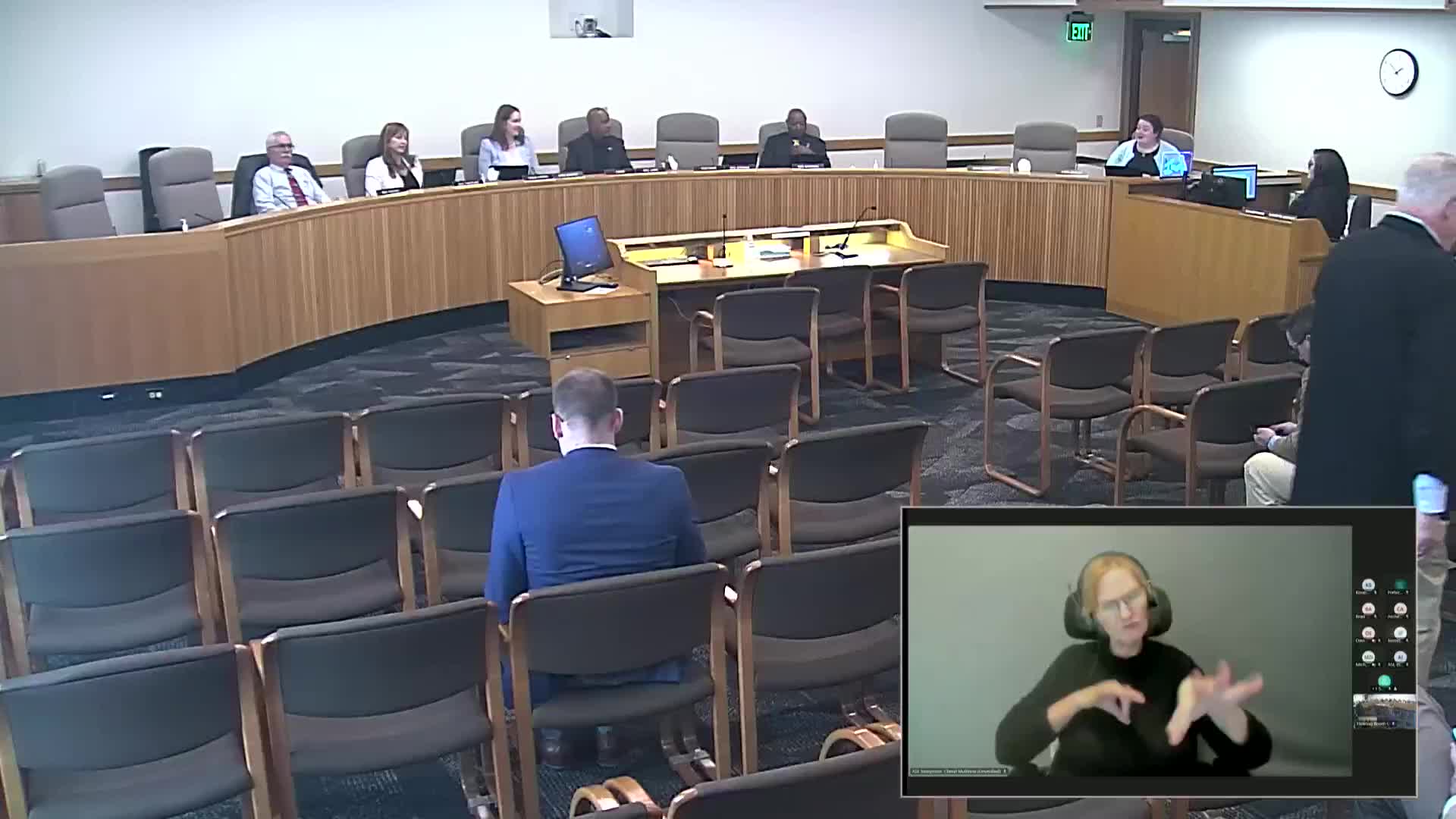Committee hears wide support for bill to keep utilities' lobbying, marketing and trade-association costs out of customer rates
Get AI-powered insights, summaries, and transcripts
Subscribe
Summary
Senate Bill 88 would create a presumption that certain utility costs are unjust and unreasonable and bar recovery from ratepayers for those costs; proponents urged transparency and stronger penalties, utilities warned the Public Utility Commission already has authority and raised reporting cost concerns.
The Senate Committee on Rules on Monday held a public hearing on Senate Bill 88 and its dash-3 amendment, a measure that would create a presumption that certain costs and expenses incurred by electric and natural gas utilities — including lobbying, certain marketing and trade-association dues — are unjust and unreasonable and therefore not recoverable from ratepayers.
Jennifer Hillhart, Policy and Program Director at the Oregon Citizens’ Utility Board, told the committee the current rate-making process gives utilities the advantage in deciding what to include in a general rate case and that incremental costs can accumulate and be approved without easy public scrutiny. "Senate Bill 88 acknowledges that the customer is not centered in the rate making process to the detriment of fairness for customers," Hillhart said.
Energy justice and environmental advocates supported the bill. Anaise Segovia Rodriguez, Energy Justice Coordinator at Verde, said high energy bills are a public-health issue for families and urged the committee to "get the junk out of rates." Earthjustice attorney Jaimini Parikh and the Energy and Policy Institute also testified for the bill, citing examples from other states where similar laws increased transparency and produced recoveries. David Pomerantz of the Energy and Policy Institute said Connecticut’s law has helped identify nearly $10 million in disallowed costs and that Colorado disallowed more than $775,000 in annual costs after adopting similar accountability legislation.
Utilities and labor raised objections. Zach Kravitz, vice president of regulatory affairs and resource planning at Northwest Natural, said the Oregon Public Utility Commission (PUC) already evaluates recoverability and that the bill creates a presumption of unreasonableness rather than preserving the PUC’s fact-specific review. "This is a very fact specific analysis and this is the reason why we do have rate cases," Kravitz said, adding that detailed reporting requirements would be costly to prepare and then presumed unrecoverable under the dash-3 wording.
Howard Bell, representing utility workers with OPUC Local 11, opposed the bill and said utilities need to communicate with customers about costs and policy choices; he also said Northwest Natural has been an industry leader on carbon-reduction efforts in his view. Other public commenters underscored the burden of high bills on working- and middle-class households.
Proponents asked the committee to preserve or strengthen transparency and penalty provisions; opponents urged caution and said the PUC has established procedures for disallowances. The dash-3 amendment in committee removes some language from earlier drafts and includes a reporting requirement that utilities identify the listed costs when they file a general rate case and authorizes the PUC to limit recoveries related to contested proceedings.
No committee vote on the bill was taken during the hearing. If advanced, the bill would direct the PUC to draw clearer lines between recoverable and nonrecoverable costs and could require new reporting by utilities. Supporters pointed to recent examples they said show utilities charged ratepayers for lobbying and trade association dues; Earthjustice cited Northwest Natural charging ratepayers more than $350,000 for lobbying in 2022 and $720,000 in legal fees associated with litigation challenging climate policies.
